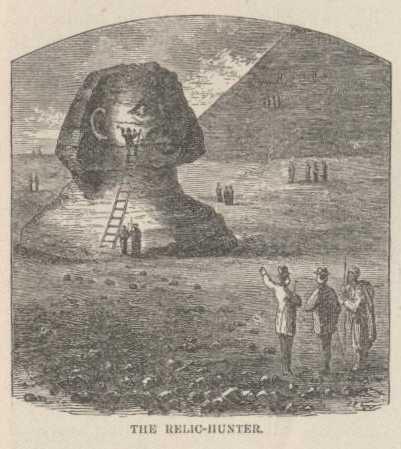Sam left New York and arrived in Cleveland, Ohio early to work on his first lecture with Mary Fairbanks. A great deal was riding on Sam’s success as a lecturer in the East—Jervis Langdon’s approval, for one. Sam had Pittsburgh and Elmira lined up for the lecture he called, “The American Vandal Abroad,” and wanted to have the kinks out before revisiting Livy’s hometown. DBD
To Joseph T. Goodman
17 February 1869 • Titusville, Pa.
(Paraphrase: Virginia City Territorial Enterprise, 26 Mar 69, UCCL 00256)
Mark Twain to be Married.—We have received a letter from that wise and holy pilgrim, “Mark Twain,” dated Titusville, Pennsylvania, February 17, in which he says: “I have pretty thoroughly lectured New York, New Jersey, Pennsylvania, Ohio, Indiana, Illinois, Iowa and Michigan, and am now doing this Pennsylvania oil region. Half a dozen more lectures, I hope, will finish this long, wearisome winter’s siege—a dozen anyhow—and then I shall have a holiday. Whoop! you old fool!” He then goes on to say that he could get appointments at $100 per night for four or five months next season in case he should feel inclined to accept, but that he don’t know whether or not he will again enter the field, as he is going to get married and so will want to settle down. We are not at liberty to give names, but may be allowed to say that the young lady who has captivated the gushing Mark resides in the town of Elmira, New York, is an only daughter, rich, handsome, and in every respect a suitable companion for an orphan like Mark. If Mark takes his father-in-law’s advice he will probably give up lecturing and go to work in one of the old man’s coal mines—in short, become a coal-heaver. In concluding his letter Mark says: “I shall lecture in San Francisco in April or May. Come down, boys. I can’t go to Virginia, having killed myself there twice already in the lecture business.” We should think he might stand a little more of the same kind of “killing,” and even tackle once more the terrible footpads of the Divide, though those now infesting that vicinity are of the genuine order—not make-believes, like those who “went through” him on the occasion of his first appearance in this city as a lecturer.
“SLC to Joseph T. Goodman, 17 Feb 1869, Titusville, Pa. (UCCL 00256).” I
Page 479 The Life of Mark Twain: The Early Years, 1835-1871:
